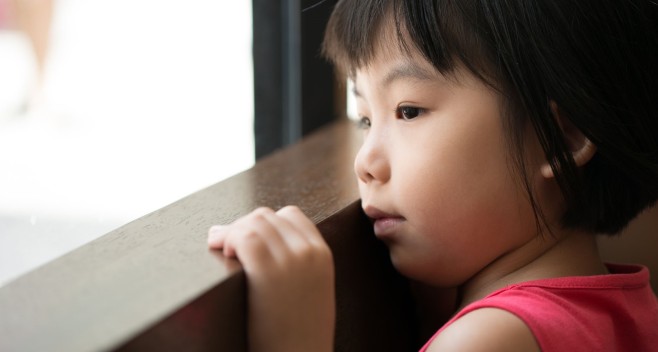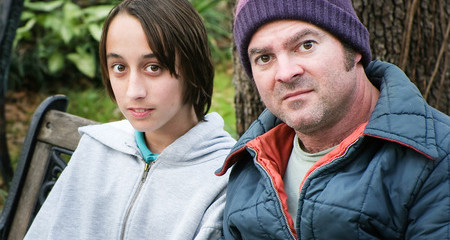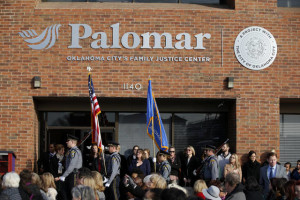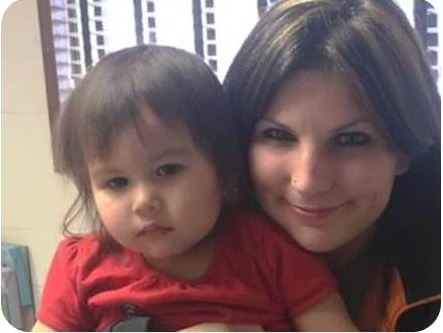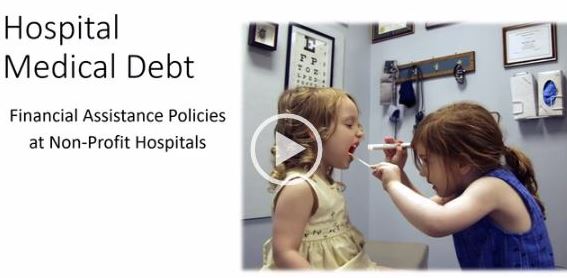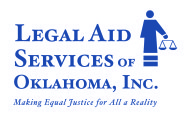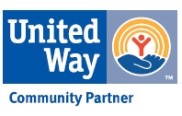Opening of family justice center is good news for OKC
by The Oklahoman Editorial Board
EXPERTS in the field note that victims of domestic violence are sometimes inadvertently discouraged from getting out of their situation because of the difficulty in obtaining help. Victims can be made to hopscotch from agency to agency, recounting their stories each time.
It’s a heavy burden, one that figures to be lifted considerably by the opening of a family justice center in Oklahoma City. Called Palomar, the center at 1140 N Hudson is home to numerous agencies to assist victims of domestic violence, sexual assault and stalking.
Fourteen agencies have committed resources to Palomar, with five already operating out of the site. Among those that will be a part of this effort are the Oklahoma City Police Department, the Oklahoma County District Attorney’s Office, the YWCA battered women’s shelter, the Department of Human Services Child Protection Services, the Oklahoma City-County Health Department, and Legal Aid Services of Oklahoma.
This is the Oklahoma Standard in practice — individuals and agencies doing all they can to help those in need. And unfortunately, as we have written many times through the years, the need is great in this area.
Last year in Oklahoma City alone, there were 35,063 domestic violence-related calls placed to 911. The police department says that during the past five years, on average 20 percent of city homicides have been domestic related. As a state, Oklahoma has the nation’s fourth-highest rate of women killed by men.
Traumatic experiences, of course, can take a severe toll on children. Numerous studies have shown that youngsters exposed to trauma are more likely to smoke, drink heavily, abuse drugs and alcohol, become sexually active at a young age, and attempt suicide.
Palomar will provide a number of services aimed at children, and last year conducted the first session of Camp Hope, a weeklong summer camp for Oklahoma City-area children from abusive homes. The 2017 camp will include children from Tulsa and other communities.
The family justice center model began as a pilot program in San Diego 15 years ago. Since then, that city has seen a reduction of nearly 90 percent in domestic violence homicides. The program was created by Casey Gwinn, president of Alliance for Hope International, who says police generally see a significant drop in domestic-related calls once an FJC is implemented.
Oklahoma City’s FJC is one of 137 such centers across the United States. Gwinn was in town last week for the opening, and said it’s “the biggest, largest first-phase family justice center I’ve seen in a decade anywhere in the United States.”
The shame is that the need is so great. The blessing is that so many from our community have committed to help victims, most of them women and children, escape their circumstances and forge a new life. More assistance would be welcomed, however. If interested, call Palomar at (405) 552-1010 or visit www.palomarokc.org.




